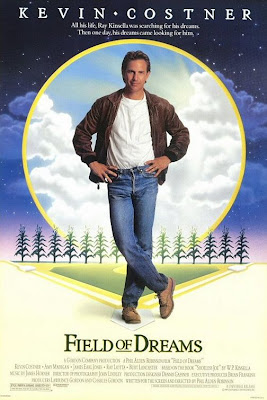In the final
chapters of Job, after Job has pleaded his case and his friends have arrogantly
and at the same time naïvely spoken for God, God speaks. Where
were you when I laid the earth’s foundation? (38:4). Have you entered
the storehouses of the snow? (38:22). Can you
bring forth the constellations in their seasons? (38:32).
Do you know when the mountain goats give birth? (39:1).
Does the eagle soar at your command? (39: 27).
And Job admits he is
no match for the Lord God Almighty (40:4).
God then proceeds to
illustrate further his own glory and majesty by pointing to some of his
creations that man cannot tame: Look at the behemoth (maybe an elephant; possibly the
hippopotamus), which I
made along with you and which feeds on grass like an ox (40:15). Can you pull in the
leviathan (some posit this is
the crocodile, others the whale) with a fishhook? (41:10).
You gotta laugh at
this imagery: If you lay a hand on him, you will remember the
struggle and never do it again! Though never backing away from his claims of innocence, about this time
I’m sure Job was thinking to himself: I challenged God once and I’ll
never do that again either!
TODAY’S MEDITATION
Have you ever made a hasty
and foolish challenge only to think better of it after it was too late? If
you’ve been wrestling with God, is it time to say “Uncle”?



















